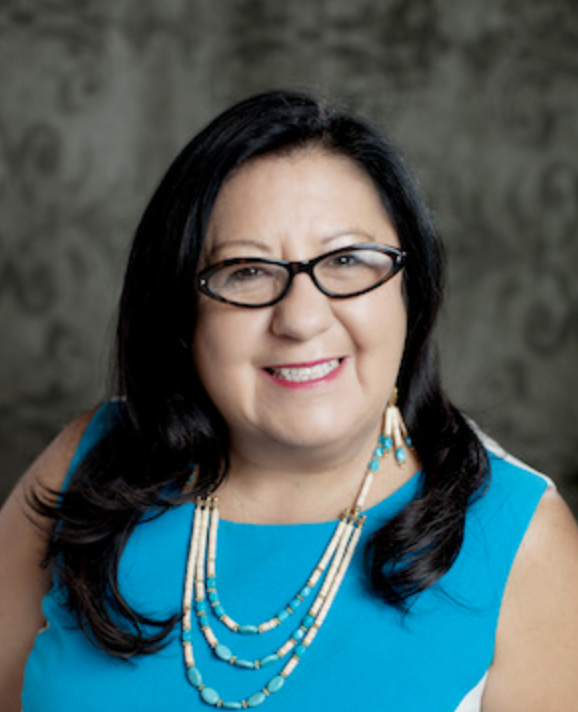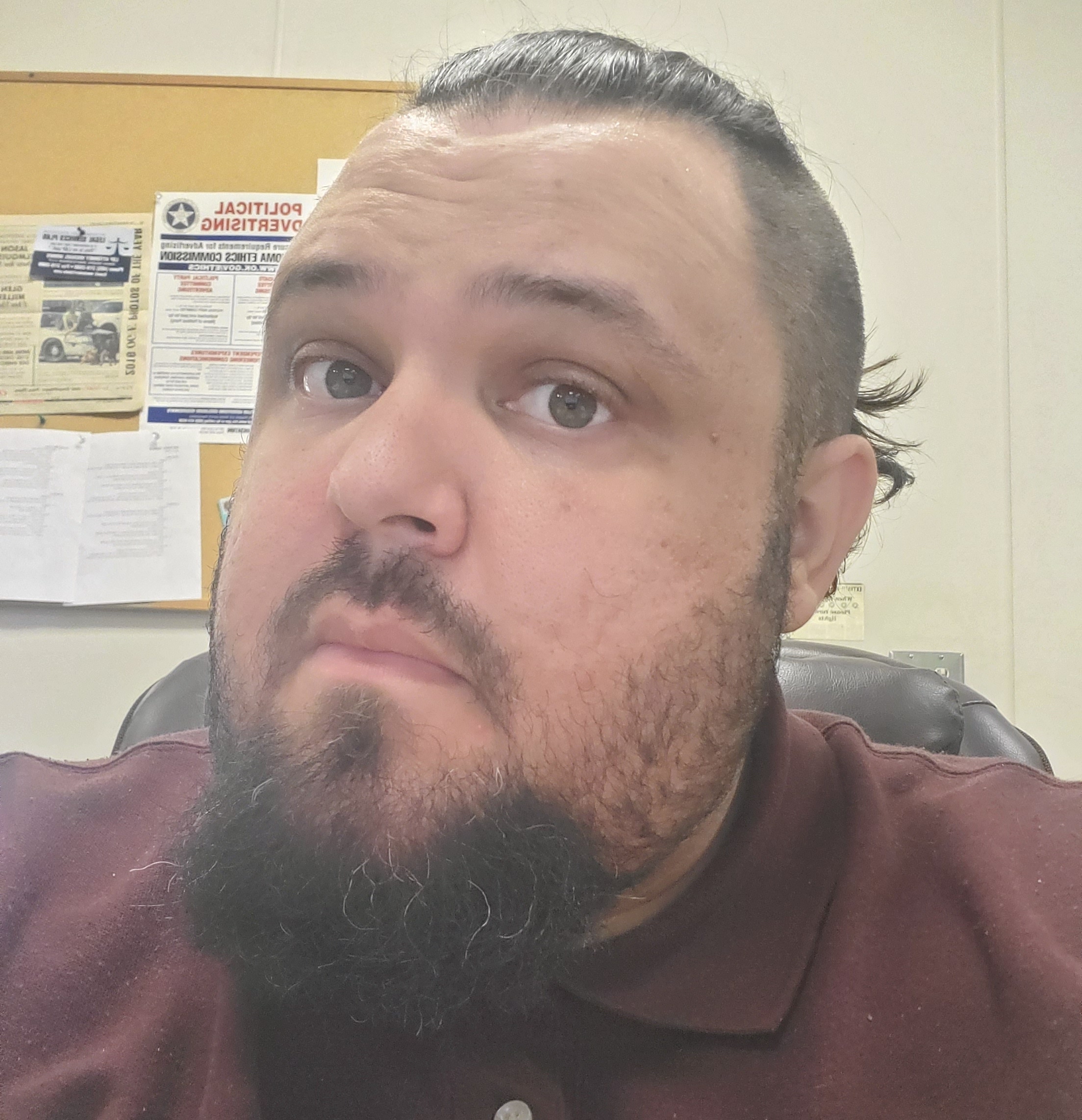
- Details
- By Chez Oxendine
The Mille Lacs Band of Ojibwe’s Chief Executive, Melanie Benjamin, will step down following the conclusion of her fifth term, ending one of the longest Chief Executive tenures in the tribe’s history.
Benjamin announced Thursday morning that she wouldn’t seek re-election in 2024. That means a new Chief will be elected in June and take office in July.
"Serving as Chief Executive for my Band has been the greatest honor of my life," Benjamin said in a statement. "I love public service, but I have now accomplished what I first set out to do as Chief Executive. I learned from Art Gahbow, our past Chief Executive, that one of the most important jobs of any leader is to prepare the next generation to take over. That has been a focus of my work, and I am very proud of our new warriors. They are now ready to lead our tribe with vision and skill. I've done my duty. And I've concluded it is time for me to pass on the torch."
Elected in 2000, Benjamin has overseen the tribe’s economic diversification efforts and led a fight to preserve tribal sovereignty against claims by Mille Lacs County that the tribe’s reservation was disestablished over 100 years ago. Benjamin’s administration secured legal confirmation affirming the tribe’s reservation from the U.S. Department of the Interior in 2016 and a federal court decision in 2022, per a Mille Lacs statement.
Benjamin also oversaw expanded programs focusing on Ojibwe language preservation, access to technology in remote areas of the tribe’s reservation, and investments in public safety and infrastructure.
"Together, we have overcome challenges, championed causes and built a path toward a brighter future for our grandchildren. We have worked non-stop to enhance the quality of life for every member of our tribe, laying the groundwork for well-being and prosperity,” Benjamin said during her most recent State of the Band address. “Our achievements are a testament to the wisdom and strength of those who came before us, of our commitment to never give up or give in, of our wise exercise of sovereignty and the power of our culture and language."
After the conclusion of her term in July, Benjamin plans to focus on developing leadership opportunities and support for Native women and youth, the tribe writes. She plans to continue public service through membership on organizational boards, including the Native American Finance Officers’ Association, Women Empowering Women for Indian Nations, American Indian Law Resource Center, Indian Gaming Association, and the MN Housing Finance Agency.
Benjamin said she isn’t worried about who will take over for her — she expects she’ll leave the tribe in good hands.
"Many of the commissioners and other leaders I've appointed or hired over the years, including my able and effective Commissioner of Administration, Sam Moose, are great examples of a younger generation of leaders who have brought back home to our reservation the stellar academic credentials they've earned and now dedicate to the Band's interests,” Benjamin said. “
“I'm confident that this generation will protect and preserve the Band's future."
More Stories Like This
Native News Weekly (August 25, 2024): D.C. BriefsUS Presidents in Their Own Words Concerning American Indians
Star-Studded Livestream to Boost Native News Online’s Year-End Campaign
Monday Morning (December 8, 2025): Articles You May Have Missed This Past Weekend
Native News Weekly (December 7, 2025): D.C. Briefs
Help us defend tribal sovereignty.
At Native News Online, our mission is rooted in telling the stories that strengthen sovereignty and uplift Indigenous voices — not just at year’s end, but every single day.
Because of your generosity last year, we were able to keep our reporters on the ground in tribal communities, at national gatherings and in the halls of Congress — covering the issues that matter most to Indian Country: sovereignty, culture, education, health and economic opportunity.
That support sustained us through a tough year in 2025. Now, as we look to the year ahead, we need your help right now to ensure warrior journalism remains strong — reporting that defends tribal sovereignty, amplifies Native truth, and holds power accountable.
 The stakes couldn't be higher. Your support keeps Native voices heard, Native stories told and Native sovereignty defended.
The stakes couldn't be higher. Your support keeps Native voices heard, Native stories told and Native sovereignty defended.
Stand with Warrior Journalism today.
Levi Rickert (Potawatomi), Editor & Publisher


